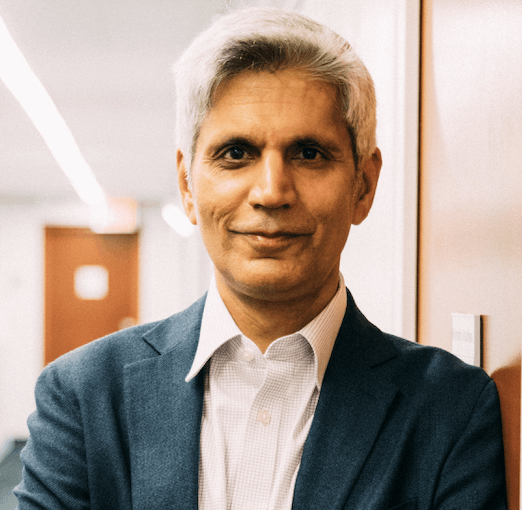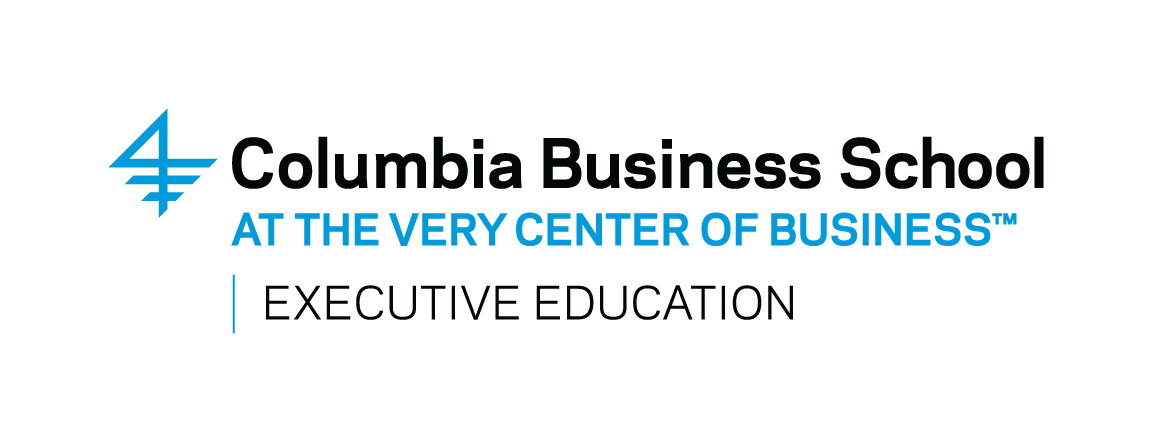- Leadership
The Three Shifts of Leadership Mastery
Columbia’s Hitendra Wadhwa explains how to reset mindsets and practices to address the challenges of leadership today
- Shifting from current strengths and weaknesses to our untapped potential
- Shifting from outer behavior to our five core energies
- Shifting from learning to MicroPracticeTM
Our Untapped Potential
Social sciences—like psychology and sociology—have traditionally focused on helping us understand who we are, rather than who we can be. This mindset limits us from growing, anchoring us in a fixed view of our personality, character, and leadership strengths and gaps based on 20th-century assessment instruments. In the 21st century, science is starting to discover our vast untapped potential. This should not surprise us if we look at the arc of history. Over the last 500 years, even just the last 100 years, our lifespans have become longer, we are more literate, and our IQs are higher. If we have progressed this far, who can claim that we won’t advance much further in the decades to come? And if that’s where humanity is broadly headed, what restricts us from reaching for the innate potential we possess today, by embracing the right path to our growth?
From Inner Mastery to Outer Impact
In the past, leadership has been almost exclusively an outer game. You say, you decide, you act—and you’re a leader. But ancient wisdom and modern science reveal a powerful truth: to get to our full potential in life and leadership, we need to first master our inner game—by becoming aware of the core energies that lie within us and learning to activate them in all we do. These energies relate to our thoughts, emotions, values, mindsets, and beliefs. When we approach leadership in this way, from our inner core, we begin to align with what is truest and highest within us, and we free ourselves from habits of the past to achieve breakthroughs in our behavior. My research into the science of human nature and great leaders from history has identified five energies that arise from our inner core:
Purpose is the energy of pursuing a noble cause, walking a path that is paved with values, with goals as your milestones.
Wisdom is the energy of being open to truth—new understanding—and directing your thoughts and emotions in the service of your purpose.
Love is the energy of being deeply connected with people, so that you can take joy in other people’s joy and find success in their success.
Growth is the energy of recognizing that at every stage, you are a work in progress, being open to shedding limiting mindsets, and growing from every experience.
Lastly, self-realization is the energy of inner tranquility that allows you to engage with your responsibilities with focus and with joy from within.
|
• • • Whenever you feel the need to step up your leadership game, pause and turn within for a quick reflection. Make sure you are anchored in your inner core by checking these five inner metrics: Metric #1: Am I aware of and committed to my purpose, and have I translated this purpose into a clear set of goals? Metric #2: Am I open to receiving truth in whichever form it comes, and am I centered emotionally so I can best serve my purpose? Metric #3: Am I deeply connected with the people around me and those I serve so that I am taking joy in their joy? Metric #4: Am I open to new learnings and growth so I can awaken the untapped potential within me? Metric #5: Am I operating from the tranquil and joyful spirit that lies at the deepest level within each of us? • • • |
The Power of MicroPracticeTM
One of the legacies of the 20th century is in how we develop leaders: we gather executives in a classroom or workshop, offer them skills and strategies, and then send them out into “battle.” Imagine if this was how you were taught to play tennis. The new science of adult learning is telling us what great sports coaches have always known: disciplines are mastered by breaking them down into small parts such as a forehand, a backhand, and a serve, doing high-frequency practices such as hitting the ball against the wall and gaining fast feedback as when you hit against a wall or see where your ball landed.
This is why I have developed a method called MicroPractice™. Because it’s awkward and risky to go out into the real world and “practice” your leadership skills while you are still learning them, MicroPractice™ allows you to test out new behaviors in a safe practice setting—with peers, through virtual sessions, and with our digital platform. You practice empathy, inquiry, and responding gracefully to someone with a “no.” Think of this like the hundreds of balls Roger Federer hits off court to master a new stroke before stepping onto the big stage of a grand slam tournament to hit the winning shot. With MicroPracticeTM, you have the opportunity to take humble, small steps out of your comfort zone, learn from each step, and then repeat your practice with high frequency. This is how leadership mastery is acquired: one step at a time.
By shifting away from what has held us back from the untapped potential within us—from our outer behaviors to the five core energies that fuel them and away from an intellectual approach to leadership development to the high-performance game of MicroPracticeTM—we can close the knowing-doing gap and move into the future as the new masters of leadership.
Columbia Business School is the only Ivy League institution that delivers a learning experience where academic excellence meets real-time exposure to the pulse of business in New York City.
ARTICLES YOU MIGHT LIKE
RESEARCH
Why organizational resilience requires adaptive leadership particularly in times of crisis
DEVELOPING LEADERS QUARTERLY MAGAZINE AND WEEKLY BRIEFING EMAILS


































